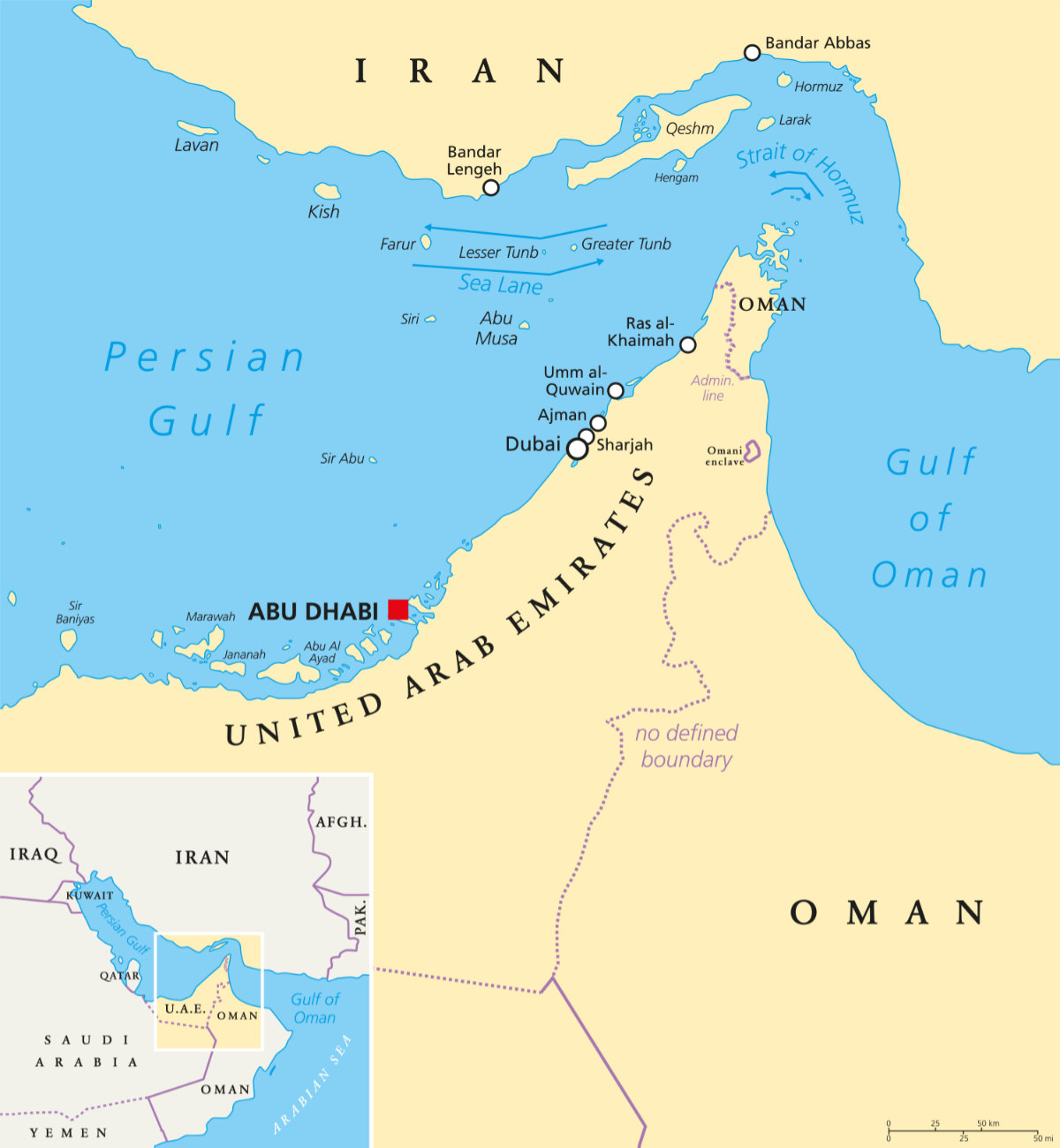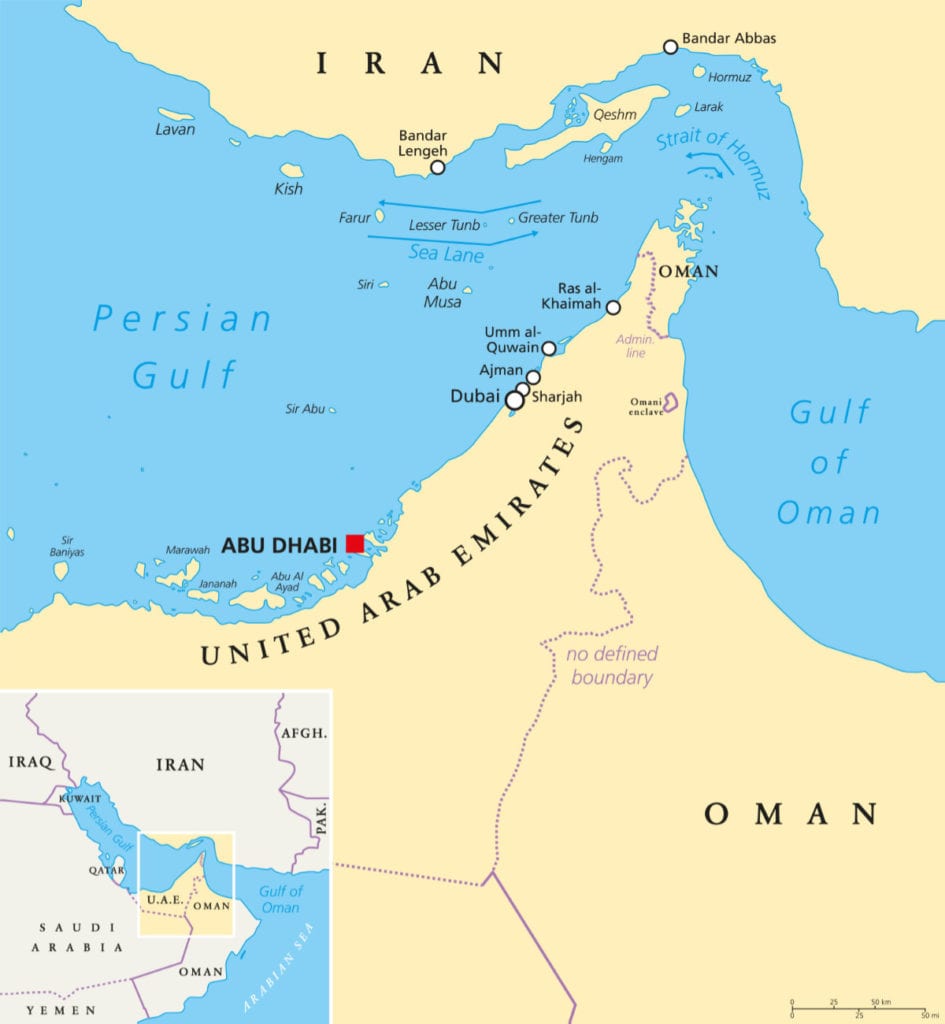
Are US Sanctions Having The Desired Effect Or Destabilising the Middle East?
President Hassan Rouhani has spoken out about the impact of economic sanctions and has indicated that it may be playing into the hands of political hardliners.
He has likened the impact to the effect that the 1980-88 war with Iraq had on the economy and has had to publically call for political unity at home in an attempt to head off further pressure for action at home. In response to the dUS withdrawal from the agreement, Iran has already announced that it will suspend two commitments under the nuclear accord and is threatening to step up uranium enrichment within 60 days if the new sanctions are implemented.
The move is part of The Trump administrations efforts to compel Iran to negotiate a “new deal” extending the old one to cover its ballistic missile programme and alleged “malign behaviour” across the Middle East. The new sanctions will not only include industrial metals but also end the exemptions enjoyed by China, India, Japan, South Korea and Turkey, regarding buying Iranian oil.
This has led to threats by Iran to block the Strait of Hormuz through which around a fifth of the world oil passes, and the US seems to be taking this threat seriously as they have sent the US warship, USS Arlington, to join USS Abraham Lincoln strike group in the Gulf. B-52 bombers have also arrived at a base in Qatar.
Strait of Hormuz

Image: Peter Hermes Furian/Shutterstock
Things in that region are already tense and on Sunday Two Saudi oil tanker’s suffered sabotage attacks off the coast of the United Arab Emirates. Although the Saudi Arabian and UAE Governments have not accused any groups or countries, suspicions founded or otherwise will arise.
Overall the stability of the region is being severely undermined by these actions and the Oil price is starting to creep up in the wake of these tensions. Further, there is a strong chance of Iranian backed hardline fundamentalist groups in the area, taking part in attacks against U.S forces in the region, with Iraq being most at risk. As reported by Dr. Cyril Widdershovenat Oilprice.com a proxy war is highly possible and an increase in hostilities could force the oil price up towards the $90 mark which would significantly impact global GDP.
Right now there is a strong chance of the Trump Administration’s muscle-flexing backfiring and it is not altogether certain that the EU and the other major powers would support an assault on Iran given that the previous agreement had kept things relatively stable for nigh on 4 years.
At least someone sees the funny side of it:
Genius of Trump to start a trade war and a real war during Game of Thrones. The Chinese and the Iranians haven’t got a prayer. #GoT #tariffs #straitsofhormuz.
— Gerard Baker (@gerardtbaker) May 6, 2019